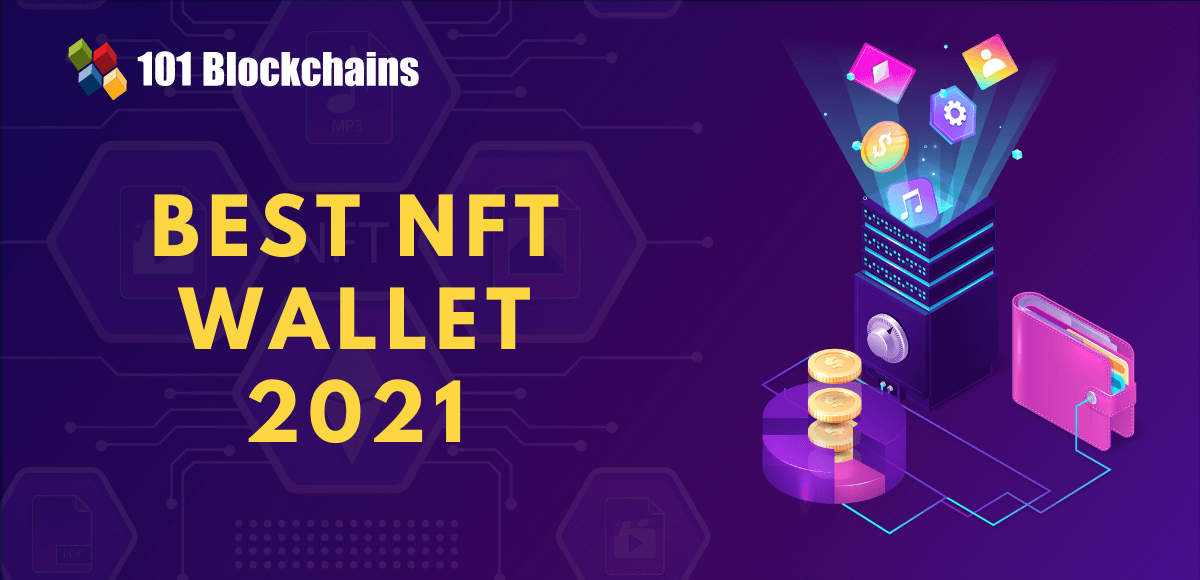Learn how blockchain truly works, master key definitions, and uncover what makes smart contracts so "smart." Dive into the fundamentals, gain valuable insights, and start your blockchain journey today!

- Reviews
101 Blockchains
- on June 23, 2018
ICO vs VC: The Experience Matters
Are you a blockchain-crypto entrepreneur trying to raise fund for your blockchain project? Chances are that you are evaluating Initial Coin Offering (ICO) and Venture Capital (VC) as your options. In this article, I will compare ICO vs VC.
ICO vs VC: they are conceptually different
ICOs are unregulated crowdsale events that blockchain-crypto start-ups utilize to raise funds for their project. You can read more about ICO in this article “What is an ICO: An introduction to Initial Coin Offering”.
The start-ups create their website, and then they publish their whitepaper where they explain their project and technology. They take legal preparations and their digital marketing team aggressively market the project online.
In parallel, they create their crypto token using Ethereum blockchain platform or a similar one. Subsequently, they launch a crowdsale for their tokens, where anyone can invest. Later they utilize the fund for their project development.
VCs are wealthy investors looking to enhance their wealth further and for that, they invest in start-ups they find promising. They study the project well and interact with the project team extensively before they invest. They buy a stake in the company and work with the start-up team on a long-term basis.
ICO investors could be new, whereas VC investors are experienced:
When you launch ICO, you are selling your crypto tokens to investors who could be investing for the first time. There are no entry barriers to investing in ICO, anyone can get Bitcoin or Ether and become an investor.
ICO investors regularly check various social media platforms like Facebook or Twitter to know about your project. Reddit is a common source of information for them about your project, or they may search for information about it in popular cryptocurrency forums like Bitcointalk.
They also study the whitepaper to know more about the project and review the opinion of the crypto community about the project. You can read this article “Beginner’s Guide: How to check ICO whitepaper” to know what ICO investors look for in a whitepaper. Also, read more about how they prepare before they invest in an ICO, in this article “Beginners’ Guide: How to participate in an ICO?”
On the other hand, VC investors are highly experienced. In many cases, they were entrepreneurs before. Even if they weren’t, they will engage experienced entrepreneurs to evaluate your business plan. In many cases, the VC investors were executives in companies with similar ‘lines of business’ (LOBs) selling in the same market.

VC investors know the business, start-up dynamics, and investment at great length. They usually have a high reputation in the market. You will typically find that they have invested earlier in businesses that started small and grew to be very successful.
The goal of the start-up matters in ICO vs VC comparison:
Do you, the blockchain entrepreneur, only want to quickly raise money? Then ICO could be the way forward for you. The ICO investors can offer no more. Most of them may have no experience in the business you are in, and they have likely come to the crowdsale with the expectation of quick profit only.
However, if you are also looking for consulting, business guidelines, connection to industry influencers, hand-holding, and proofs of concept (PoCs) along with funding, you should consider approaching VCs. They are highly experienced, and since they buy a stake in your company, they remain invested in your success. They don’t look for quick profit.
ICO preparation for a start-up is vastly different from how they have to prepare for VC funding:
You need to prepare a professional-looking website, a great whitepaper, excellent marketing material for the ICO. Then you need to engage a competent legal team so that you are covered legally for the jurisdiction you operate from. Your digital marketing team will need to conduct an aggressive online marketing campaign.
You may need to run a ‘pay-per-click’ (PPC) ad campaign. Also, you could consider bounty programs and airdrops of tokens. You will need to attend Blockchain-crypto events and present your project.
Assuming you have created a crypto token using a platform like Ethereum, this sums up your preparation for launching your ICO. You can read more about it in this article “Beginner’s Guide: How to create a great ICO marketing strategy”.
It’s entirely different for VCs. You need to show a real product or at least a demo to them. You need a sound business plan, a detailed roadmap, and thorough financial projections. VCs are real business people and can easily differentiate between a genuine business plan and just marketing and technology jargon.
Ponzi schemes have made their way into ICOs. That’s impossible with VCs due to their intense scrutiny of the business plan.
VCs require many meetings with the start-up, therefore they prefer companies located in the same geography. Hence, VC funding is geographically concentrated, most VCs operate in the large business and financial hubs. ICO investors don’t do such intense due diligence, hence they can invest from anywhere in the world.
ICO requirements are minimal compared to legal requirements of VC funding deals:
The Blockchain entrepreneur decides the distribution of token, and when the investors will receive tokens. There are no legal requirements.
Most ICOs in 2017 didn’t even sell a stake in their company to the investors. Many disguised their security tokens as utility tokens and bypassed all regulations. You can read more about it in this article “ICO vs IPO: What’s the real difference?”.
However, to secure VC funding you need to sell a 20%-30% stake in your company to the VC fund. It’s a legal contract. Prepare for an intense negotiation over the market valuation of your company!
The legal and other preparatory work is significant, and a VC funding deal can take a year to close. Compare that with ICOs, where you can complete the entire process in a month or two!
ICO PR is limited, whereas VC deals are prestigious:
There were 902 ICOs in 2017, and only 48% were successful. In many countries, ICOs have acquired a negative connotation. ICO public relations (PR) value is limited.
Contrast this with the significant positive media coverage a VC funding deal brings to the start-up. VC investors are reputed, and VCs do a lot of due diligence before they invest. VCs also have a valuable network in the industry. All these factors combine to give a very positive media coverage to start-ups that secure VC funding.
ICO funding can’t match the positive media coverage of VC deals, even if the funding is much bigger than the VC deal.
On the other hand, crypto communities and crypto media websites often provide negative coverage to failed blockchain projects. A failed blockchain entrepreneur finds it really hard to make a comeback later even with a better idea.
How is it with VCs? Failed start-ups that had secured VC funding don’t receive any noticeable coverage in the business media. Often the VC fund might invest in the next venture of the same entrepreneur. This is because the VCs stay with the start-up for long-term and take responsibilities for the failure.
ICO vs VC: the jury’s still out!
Crunchbase reports in their article “ICOs delivered at least 3.5x more capital to blockchain startups than VC since 2017” that ICOs have proved more promising than VCs for the blockchain-crypto entrepreneurs.
However, regulators world over are waking up to the unregulated nature of ICOs and the risk they pose for the small investors. In the US, the Securities and Exchange Commission (SEC) has already sent 80 subpoenas to blockchain startups, after finding violations of securities regulations. I have earlier reported this in the article “ICO vs IPO: What’s the real difference?”.
Don’t write off VCs yet. They offer significant value for your long-term business growth. ICOs have democratized investment and they can also bring significant value to the table. However, they need to be on the right side of the regulations first.




